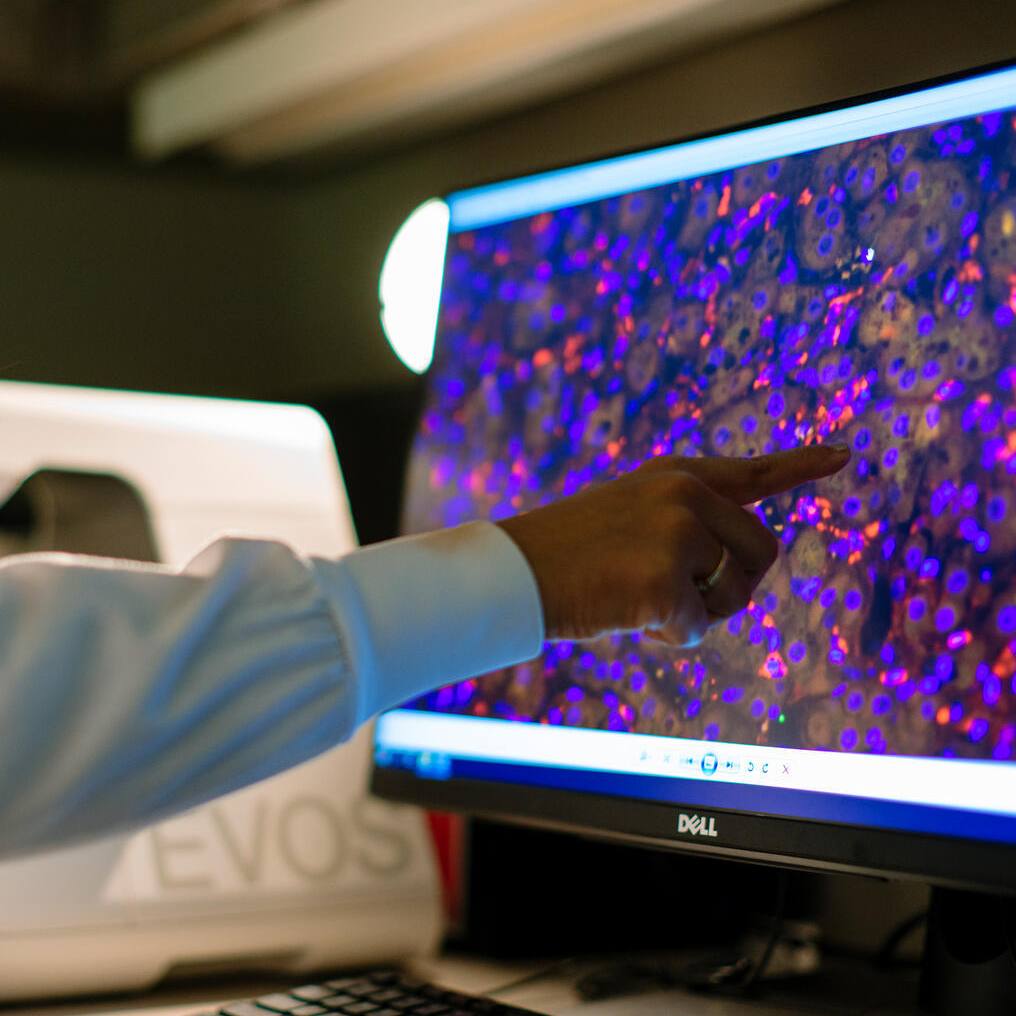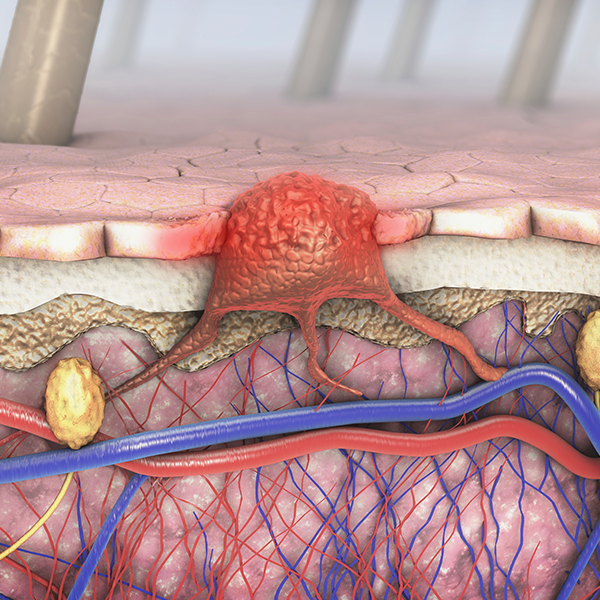
Lip cancer
Lip cancer can occur anywhere along the upper or lower lip, but it is most common on the lower lip. Risk factors include excessive sun exposure and tobacco use, particularly pipe smoking. You may reduce your risk of lip cancer by protecting your face from the sun with a hat or sunblock, and by quitting smoking. Treatment for lip cancer usually involves surgery to remove the cancer. For small lip cancers, surgery may be a minor procedure with minimal effects on your appearance. For larger lip cancers, more extensive surgery may be necessary, including plastic and reconstructive procedures. Here's what you need to know about lip cancer.
Dealing with 'chemo brain'
"Chemo brain" is the term used by cancer survivors to describe thinking and memory problems that can occur during and after cancer treatment. There are no tests to diagnose chemo brain, and cancer survivors who experience these symptoms often score within normal ranges on memory tests. In most cases, these memory problems are temporary, and treatment focuses on coping with the symptoms. Learn more about dealing with chemo brain.
Treating recurrent breast cancer
If your health care provider suspects you may have recurrent breast cancer based on results of a mammogram or physical exam, or because of signs and symptoms, he or she may recommend additional tests to confirm the diagnosis. Your treatment options will depend on several factors, including the extent of the disease and its hormone receptor status; the type of treatment you received for your first breast cancer; and your overall health, goals and treatment preferences. Learn more about the treatment options for recurrent breast cancer.







